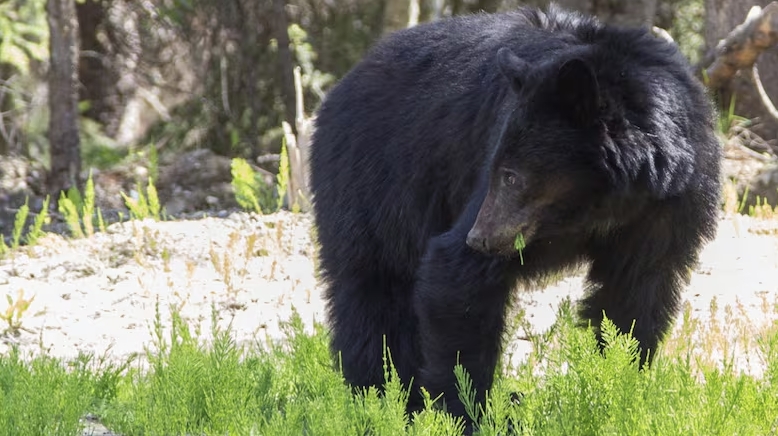B.C. Residents Urged to Stay Alert and Secure Garbage as Bears Wake from Hibernation
Emma MacLeod
4/8/20252 min read


With spring arriving across British Columbia, officials and wildlife advocates are urging residents to take extra care as the province’s black bears emerge from hibernation.
B.C. is home to between 120,000 and 150,000 black bears, and as they shake off their winter slumber in search of food, human-bear interactions tend to spike — especially when garbage, bird seed, or fruit trees are left unsecured.
“Especially now it's spring, and people have been holed up in their house … they want to go out, do yard work,” said Dan Milokay, a WildSafeBC co-ordinator in Maple Ridge. “They’ll leave the garage door open … the bear smells the garbage, comes in and grabs some food like a lasagna.”
Milokay says bears quickly learn to associate homes with easy food if given the chance, and once they’re habituated, they can become aggressive — ripping through garage doors or smashing windows in search of a meal.
Despite the risk, Milokay says bear deaths have declined in Maple Ridge over the past decade, thanks to public awareness and education.
“Don’t have the headphones on or be looking at your cell while walking through the park,” he warned. “Be aware of your surroundings.”
He recommends watching for signs like claw marks and listening for birds like crows, which he calls “nature’s drones” — often changing their call to warn smaller animals when predators like bears are nearby.
Conservation Officers Respond to Dozens of Reports a Day
Across B.C., bear encounters are already increasing.
“In the spring, we can get 30 to 60 bear-related reports a day,” said Murray Smith, a conservation officer based in Mission. “Fruit trees, garbage, and bird seed are the top attractants.”
The B.C. Conservation Officer Service says 303 black bears were killed in 2023 — down significantly from 603 in 2022. However, the yearly average remains high, with most years seeing 500–600 bears killed due to human conflict. The worst year on record was 2019, when 632 bears were destroyed.
Bear-Resistant Bins Coming to Kamloops
In Kamloops, city officials are taking steps to reduce conflicts with wildlife by offering bear-resistant garbage bins to residents for $20 per year.
“Not everyone has a garage or shed to store their carts,” said Danielle Sparks, the city’s environmental services supervisor. “This gives people an option.”
The bins were tested at a wildlife park, and though bears were able to break into them after about 30 minutes, Sparks says that’s the point.
“Thirty minutes of a bear working on it — someone’s probably going to hear it and be able to scare it off,” she said.
Tips for Bear Safety
Keep garbage, pet food, and bird seed indoors until collection day.
Clean barbecues and compost bins regularly.
Pick fruit as soon as it ripens and remove fallen fruit from the ground.
Stay alert while walking or hiking, especially in wooded areas.
For more information, visit WildSafeBC. Kamloops residents can request bear-resistant bins through the City of Kamloops website.
News
Stay updated with the latest BC news stories, subscribe to our newsletter today.
SUBSCRIBE
© 2025 Innovatory Labs Inc.. All rights reserved.
LINKS
